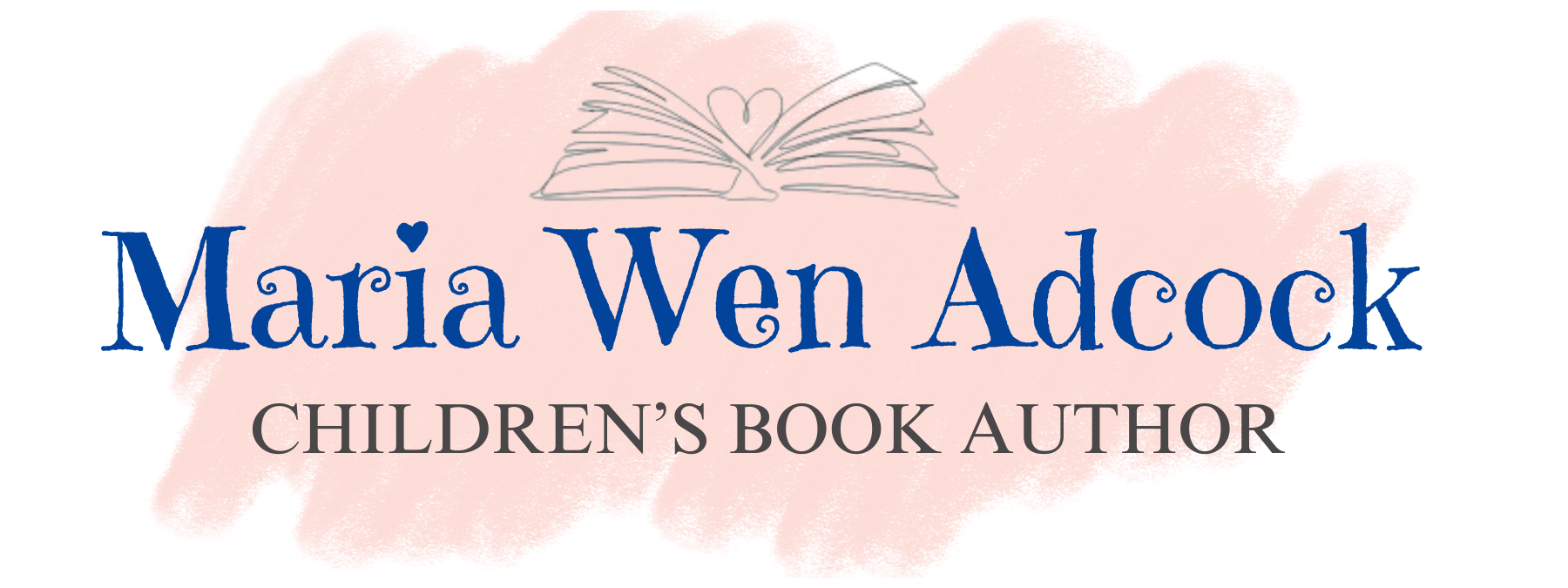Learning a Second Language: Why It’s Easier for Kids and Understanding the Benefits

An increasing number of parents are realizing the importance of learning a second language during the early childhood years. The peak ages when children can easily absorb languages start at around 7 months and goes on until when childhood ends.
What if a child waits until high school to start learning a second language?
Early second language acquisition pioneer Francois Thibaut says, “Your child will learn differently and sound differently. Language generally is stored in the brain’s left hemisphere. Pronunciation and grammar, specifically, reside in the Brocas area. Words and phrases we learn before puberty are pronounced differently than words and phrases learned afterwards. Why? Because language learned after puberty is stored in a completely different place in the left hemisphere’s Brocas area. That is why many of us will always have charming accents.”
Ms. Robinson provides an example, “Henry Kissinger is a good case in point. He immigrated to this country when he was 13 years old and his brother was 11 years old. The brothers began learning English at the same time. As we all know, Mr. Kissinger is a well-educated and brilliant man. He speaks perfect English grammatically and uses a rich vocabulary. However, because of the age at which he learned English, he will always speak with a heavy accent — while his brother speaks with no accent!”
In an increasingly global economy, children with second or even third language skills will be at an advantage in terms of job opportunities as adults. Other countries have recognized this, as “All but two countries (Ireland and Scotland) in the European Union mandate the study of a foreign language, which usually begins in primary school (With the exception of Italy and Wales)” (Eurydice 2005). It’s not just English taught as Europeans’ foreign language; Sweden is considering mandating Mandarin Chinese language education in its schools.
Second Languages Improve Overall Academics
Some Americans believe that kids who learn second languages will suffer in their core academics – a myth that assumes young children will suffer in English because their minds cannot handle more than one language at a time.
Study after study shows that learning additional languages does just the opposite.
“The power to learn a language is so great in the young child that it doesn’t seem to matter how many languages you seem to throw their way….They can learn as many spoken languages as you can allow them to hear systematically and regularly at the same time. Children just have this capacity. Their brain is ripe to do this…there doesn’t seem to be any detriment to….develop[ing] several languages at the same time” according to Dr. Susan Curtiss, UCLA Linguistics professor. (Curtain & Dahlberg 2004)
Research indicates that children who are exposed to a foreign language at a young age achieve higher levels of cognitive development at an earlier age. (Bialystok & Hakuta 1994; Fuchsen 1989)
People who are competent in more than one language consistently outscore monolinguals on tests of verbal and nonverbal intelligence. (Bruck, Lambert, Tucker 1974, Hakuta 1986, Weatherford 1986)
For older kids, students of foreign languages tend to score higher on standardized tests. Results from the Scholastic Aptitude Test (SAT) show that students who had studied a foreign language for 4 or more years outscored other students on the verbal and math portions of the test (College Board 2003). There are at least 10 other independent studies that collaborate these findings.
Opportunity to Own a Language School
In 1973, Francois Thibaut founded The Language Workshop for Children (LWFC). The Workshop believes that children remembered words that make them happy, and as such classes do not implement a stereotypically dry curriculum. Instead, classes are filled with colorful, stimulating, and engaging action games, stories, songs, and visual aids. LWFC utilizes talented songwriters, musicians, singers, illustrators, and graphic artists to create specialized in-class and take-home materials. Teachers are trained and certified in the Thibaut Technique (R) enriched immersion play method.
LWFC is offering an opportunity for others to open a child-centered language business. The Workshop will train moms, teachers, bilingual speakers, and second career builders to open their own branch of the Language Workshop for Children. If a potential owner is not fluent in French, Spanish, Italian or Mandarin, he/she can hire instructors who are. Though most people immediately think language schools just teach foreign languages to English students, there is an unfulfilled niche of teaching second languages to non-English speakers – for example, teaching Mandarin Chinese to Spanish speaking children). This is another option that can make a language workshop stand out. For more information, please visit www.LanguageWorkshopforChildren.com or email Licensing@ThibautTechnique.com.
